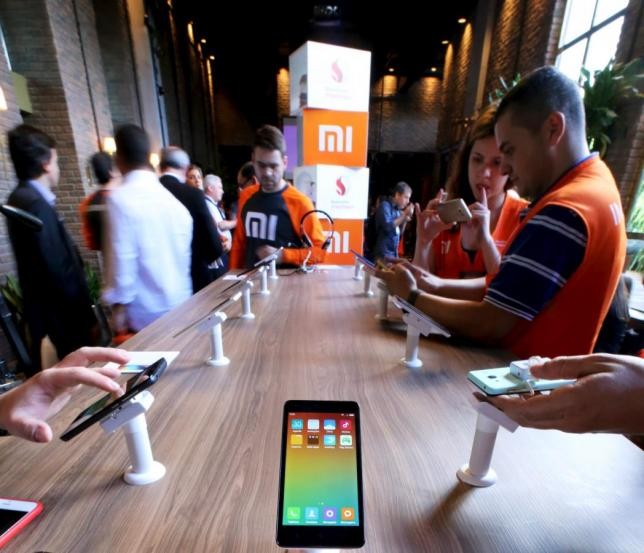Xiaomi ups the development of processors for mobile phones, as it is expected to release its own internally designed chips early next year.
The leading smartphone manufacturer in China just got its license from ARM, the authority in microprocessor intellectual property, to use the full series of kernels for mobile phone chips, as stated in Guangzhou's 21st Century Business Herald.
This advances Xiaomi's venture into smart chip production, in the wake of its investment worth 103 million yuan ($16.6 million) toward the end of 2014 to make 4G chip solutions.
In Nov. 2014, Pine Cone Electronics, Xiaomi's wholly owned subsidiary, penned a contract with Leadcore Technology, a leading mobile chip designer in China, to go into a joint venture of creating 4G chip solutions.
Leadcore is known for its LC1860 chips, which were labeled as "price killers," as it is intended for the low-end market. Using the same SDR1860 platform technology, Xiaomi can develop LC1860 chips.
The Redmi 2A smartphone released by Xiaomi in March this year was the first to use the LC1860 chips. This smartphone model had an SRP of 599 yuan ($96), which was cheaper by 100 yuan ($16) than the Redmi 2 model with Qualcomm chips. However, the Redmi 2A model is compatible with China Mobile users, but not China Telecom and China Unicom subscribers.
Replacing the Redmi 2 as Xiaomi's bestseller, the 20-percent price difference of the Redmi 2A led to the increased sales of the Redmi series, eventually breaking the 10-million mark by the end of June.
The Redmi 2A alone contributed to almost 50 percent of the sales nearing three months after it was launched. Today, its sales are approaching six million units.
Xiaomi was able to sell Redmi 2A at a very competitive cost since LC1860 chips cost only $4-$6 compared to Qualcomm chips, which cost around $7-$8, industry sources said.
Other leading smartphone makers, such as Apple, Samsung and Huawei, are also aggressive on their initiatives to manufacture their own smartphone chips in order to make their products more unique.
Aside from chip solutions, Xiaomi is also preparing for its patent development. Sources said that the company has started efforts to explore patent development and management in the first half of 2015. Xiaomi has acquired 1,300 patents, with more than half being high-value licensed patents.



























